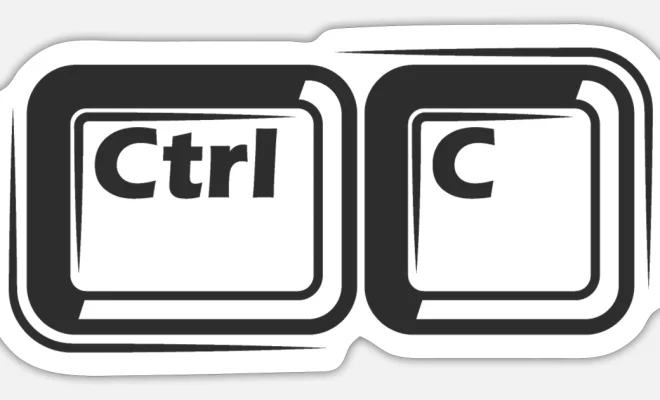
In the world of Linux, the bootloader is the software that manages the boot process of your computer. For both home desktops and embedded systems, a reliable bootloader is crucial for a seamless start-up. This article will explore the 15 best Linux bootloaders available for various use cases.
1.GRUB (Grand Unified Bootloader) – GRUB is one of the most popular and versatile bootloaders in the Linux community. It supports multiple operating systems and features a command-line interface for troubleshooting.
2.LILO (Linux Loader) – Although quite old, LILO is simple and straightforward, making it a suitable choice for older hardware or systems that do not require sophisticated features.
3.SYSLINUX – SYSLINUX is a collection of lightweight bootloaders designed for simplicity and ease of use. It’s excellent for booting from network servers and removable media like USB drives.
4.BURG (Brand-new Universal loadeR from GRUB) – BURG offers a more visually appealing interface than GRUB and can be customized with themes.
5.Gummiboot (now systemd-boot) – Gummiboot is designed to be simple and straightforward, following systemd conventions for boot configuration.
6.rEFInd – rEFInd is an EFI-based bootloader that provides a graphical menu for booting OSes across different partitions.
7.Clover EFI bootloader – Initially designed for Hackintosh systems, Clover can be used on some Linux distributions to boot from an EFI firmware.
8.ELILO (EFI Linux Loader) – ELILO was one of the first EFI bootloaders for Linux, making it important historically, even though it’s less common now.
9.Barebox – A bootloader designed primarily for embedded systems, Barebox supports multiple platforms including ARM, MIPS, x86, RISC-V, and others.
10.Das U-Boot (Universal Boot Loader) – U-Boot has become a standard bootloader in embedded system circles due to its versatility and extensive platform support.
11.Petitboot – A kexec-based bootloader that operates at both user and system level, Petitboot can store multiple kernel configurations and choose between them at startup.
12.RedBoot – Useful in embedded systems that require remote debugging over serial or Ethernet connections; RedBoot also offers ROM-resident capabilities.
13.Coreboot (formerly known as LinuxBIOS) – Coreboot targets minimalistic boot times by removing unnecessary legacy functionality which is often not needed in specialized systems.
14.iPXE – An open-source network bootloader that allows you to boot your system using an internet URL rather than local storage media.
15.PathLoader – A minimalist but efficient multiboot management tool often paired with configurations stored in an ESP (EFI System Partition).
Linux enthusiasts have a range of options when it comes to choosing a bootloader: from well-established choices like GRUB to specialized tools like Barebox or Coreboot tailored for embedded devices or particular use cases. Selecting the right one will ensure a fast and smooth start-up experience tailored to your system’s requirements.






